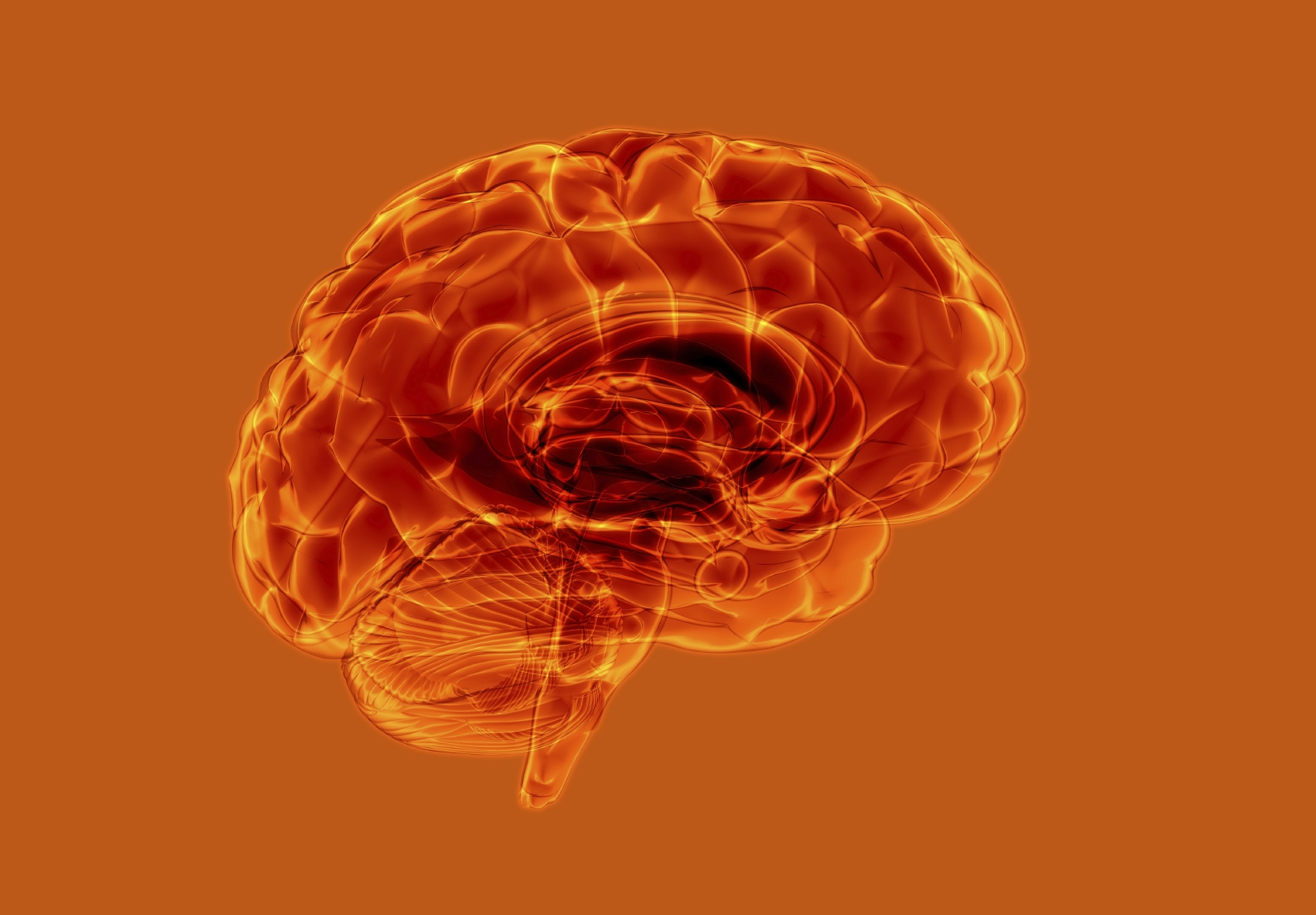You know a stroke can be fatal. But surviving one can leave you with nerve damage and paralysis. In fact, it’s the leading cause of adult disability in the U.S. And we’re not just talking about physical disability.
Researchers from the University of Michigan Medical School and School of Public Health examined medical data from about 5,000 seniors. They wanted to see how stroke status effects cognitive decline among the elderly.
Their findings? Surviving a stroke was like aging your brain overnight.
Dr. Deborah Levine led the study. She admits the results shocked her. But they finally “show the amount of cognitive aging that stroke brings on, and therefore the importance of stroke prevention to reduce the risk of cognitive decline.”
So just how much brain aging are we looking at?
Researchers found just one stroke ages your brain by up to eight years.1
And that may not even be the worst part…
The people they studied had just one stroke. Yet 25% of the nearly one million strokes in the U.S. each year are recurrences.2 In other words, people suffering more than one could be in even greater danger.
Someone surviving a second stroke may experience nearly 20 years’-worth of brain aging from these two events… And that’s if recurring events are doing the same amount of damage.
The good news? About 80% of first strokes are preventable.3 It’s why you need to know the natural ways to protect yourself from having one in the first place.
Too much sleep can raise your risk 74%… And not enough can double your risk. So getting the right amount of sleep—between six and eight hours—is one of the best ways to prevent stroke.
Gingko biloba reduces oxidative stress and inflammation. This can prevent additional nerve damage after a stroke occurs—and may even help prevent strokes from ever happening.
And getting enough vitamin D3 can reduce your risk of having a stroke. It can also minimize damage if you do have one. Make it a point to soak up eight minutes of sunlight a day. It’s the best natural source of vitamin D3. Otherwise you can eat more pastured eggs and wild-caught salmon. Or you can take a supplement with at least 5,000 IUs.
In Good Health,

Angela Salerno
Publisher, INH Health Watch
Like this Article? Forward this article here or Share on Facebook.
References:
1http://www.medicalnewstoday.com/articles/295009.php
2http://www.stroke.org/we-can-help/survivors/stroke-recovery/first-steps-recovery/preventing-another-stroke
3http://www.stroke.org/understand-stroke/what-stroke/stroke-facts

